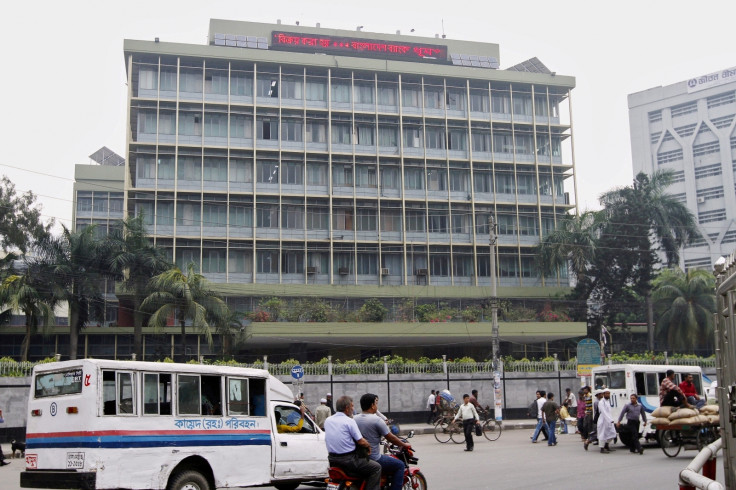Bangladeshi capital witnesses series of mysterious disappearances of activists
The government has promised to find all the missing people amid concerns that the victims could be subjected to enforced detentions.

Bangladesh's capital Dhaka has been gripped by mysterious disappearances of activists in the past few months, forcing the government to act on the matter. With no reports of killings as yet, many of the kidnappings appear to bear similar patterns as some of the abductees are being released after several weeks in captivity.
In total, at least 14 abductions have taken place in the last four months, including that of prominent people such as Mubashar Hasan, a researcher of political Islam, and Utpal Das, a Dhaka-based reporter. Both were kidnapped by as yet-unknown captors and spent a few weeks in captivity before being released this December within a time span of two days.
The victims have no clue about their kidnappers, although there is speculation that the Bangladeshi security forces could be involved in the incidents as some of the abductees have been campaigning against the government. There has been no demand for ransom as well.
"If you look back, we will kill you" is what Hasan had heard when he was freed on Friday, 22 December, after spending 44 days in captivity locked inside a room without seeing sunlight.
Both Hasan and Das were kidnapped during broad daylight by unidentified men and kept blindfolded.
There have been serious concerns over these episodes with human rights groups alleging the government is carrying out enforced detentions. In July 2017, the Human Rights Watch (HRW) issued an 83-page report titled "'We don't have him': Secret Detentions and Enforced Disappearances in Bangladesh" which outlines how people, especially anti-government critics, are mysteriously vanishing in the country in the last few years.
"Bangladesh security forces appear to have a free hand in detaining people, deciding on their guilt or innocence, and determining their punishment, including whether they have the right to be alive," the HRW's Asia director Brad Adams said in the report.
The Bangladeshi human rights group Odhikar put the number of disappearances between January 2009 and October 2017 to 402 people.
Among hundreds of disappearances, some have returned home, a few have been formally arrested, while many others are still unaccounted for.
The series of events has forced the government, which has repeatedly denied any sort of pattern to the abductions, to promise that action would be taken. The country's interior minister Asaduzzaman Khan said the administration would ensure that all the missing people would be accounted for in the coming days.






















